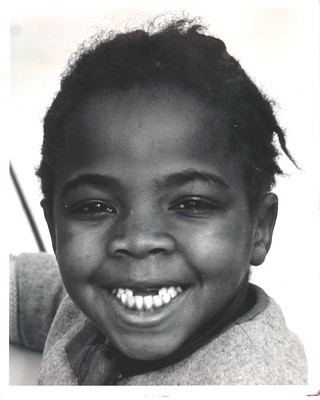Dealing with Change
 Children tend to not handle change well. Their brain has trouble shifting gears, similar to a railway car in need of assistance to shift tracks. Some children are better with change than others. This is based on personality or temperament. But regardless of their personality or temperament, there are ways we can help our children learn to deal with life’s inevitable challenges that come with change.
Children tend to not handle change well. Their brain has trouble shifting gears, similar to a railway car in need of assistance to shift tracks. Some children are better with change than others. This is based on personality or temperament. But regardless of their personality or temperament, there are ways we can help our children learn to deal with life’s inevitable challenges that come with change.
- They need routines.
If you can have a fairly stable routine (e.g. “This is what we do at this time of day…”), children tend to relax and exhale at the thought of knowing what is coming next.
- They need rules/expectations that are consistent, that they can count on.
Children need to know what is expected of them and that it is not going to change. If you make a rule, try your best to stick with it. Yes, new rules will happen at different ages and these can be discussed ahead of time if there is a change coming. When this is appropriate, it is helpful to stop, get on the child’s level, look them in the eye, and describe the new expectation. Then have them repeat it.
- Their brains do not move easily from expecting something to “Oh, we’re not going to do that after all”.
Routines and consistency give our children a sense of calm and safety. They find security when they know what is coming next. For example, in our Good Morning Routine Guide we mentioned to review the routine the night before. These little ones don’t have long memories. So take them through their routine verbally the night before and again when they’re ready to start their day the next morning.
So after we approach our children and verbally go through what is expected, it’s helpful not to change plans at the last minute if at all possible. Let’s keep it loose (as in timescale) but consistent. Pre-school brains cannot do the before and after ordering of events. When telling them what will happen, keep it in order. Whatever you mention first they will think is coming first. For example, if you say “naptime” then “park”, they will know that sleep will come before play. Although saying “we do park after naptime” seems simple to us, it is still confusing to our wee ones, because you said “park” before “naptime”. Ordering your words in the order they will happen will help your pre-schooler know what to expect.
With holiday season quickly upon us, routines will be broken and days will change to fit family and fun events. Keep these facts in mind when your little one is stretched beyond their comfort zone and way out of routine. It will give you more patience as you understand how their little world works.
And speaking of holidays, a trick we learned during our time in the UK is to count “sleeps”. When the munchkins are aware of an exciting day ahead, e.g. Christmas, counting sleeps gives them a rough idea of how long until the day arrives. (Just be sure to differentiate between naps and nights!)
Photo Credit: Bruce Tuten cc
Related Posts
By accepting you will be accessing a service provided by a third-party external to https://growthandgiggles.com/